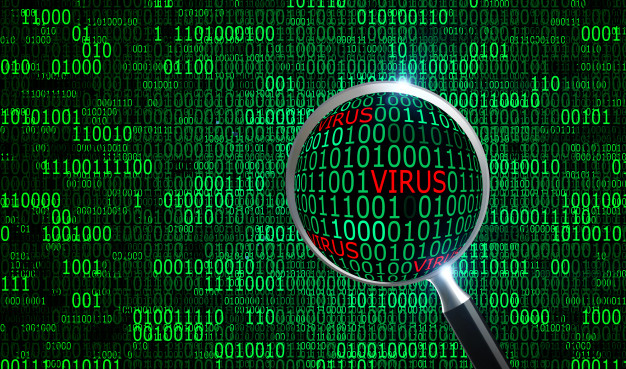Online Website Malware Scanner and Detector
These days it’s vital that you regularly check website for malware. Ideally, you want every check to come up with a zero result. Here is what you need to know to maximize the chances of that happening.
The right way to check website for malware
You can use a free ad hoc website scanning service to check your website for malware, but this is both risky and time-consuming. Business websites need the continual protection offered by the paid-for website vulnerability scanning services. These check websites for malware every few hours. The exact frequency generally depends on the service and/or package. They will also offer a website applications firewall, which will operate 24/7.

5 Best Website Malware Scanner Guide:
1. Keeping your website free of malware
Ideally, you’d like to set up your website vulnerability scanning service and never have it find any malware ever. This is a very high target but it is possible and the good news is that making it happen depends more on robust processes than on expensive security tools.
2. Think about security when you buy, or renew, your domain and hosting
For your domain, look at privacy options (choose all of them even if you have to pay) and authentication. Ideally, you want two-factor authentication applied to your account. You also want a lock put on your domain so important actions, like transfers, require additional verification.
For your host, check their general reputation with regard to security, uptime, page-load time, technical support, and customer service. Only if you are totally satisfied with all of these should price become a consideration. Even then, you should always keep in mind that there is often a difference between the best value and the lowest price and that difference can be substantial.
For example, paying for a dedicated server is more expensive than going for a shared-server arrangement. It does, however, ensure that you will never be exposed to risks caused by someone else’s lack of security. This is one of the big differences between cloud and web hosting.
In the cloud, the cloud vendor generally does everything necessary to ensure that each customer is kept separate from the others. With web hosting packages, the vendor will do a lot, but you will still need to manage your file and directory permissions carefully. In simple terms, these can make the difference between you ending up infected by someone else’s malware and you being able to ignore another site’s problems.
Likewise, buying as much bandwidth as you can reasonably afford will help to protect you against DDoS attacks. It will also improve your users’ general experience.
3. You must choose and manage your software with care
All the mainstream content management systems can deliver a very high standard of security, provided that you manage them properly. For the most part, that means updating them promptly. Third-party add-ons, however, are a matter. They vary from the excellent to the utterly horrendous.
The latter isn’t necessarily malware, or at least not intentional malware. They can just be seriously-badly written items of software. That will, however, not be a great comfort if their shortcomings wind up compromising your security. The moral of the story, therefore, is to do your research and test thoroughly before installing any third-party add-ons.
When you do install them, keep checking to ensure that they are still serving a practical purpose, if not, then remove them. For as long as you keep them, update them promptly.
4. You need security for your computers and mobile devices too
If you’re using third-party hosting then your host will take care of the security of the servers themselves. For completeness, if you are self-hosting then you need to take this very seriously. Cyberattackers are increasingly showing themselves willing, and able, to attack traditionally hard targets like servers because of the value of the data they contain. In short, if hackers are upping their game, then you need to do likewise.
Unprotected computers and mobile devices are soft and tempted targets for cyber attackers as they can be easy routes to valuable login credentials. In addition to investing in a robust anti-malware solution with an integrated firewall, you might also want to think about investing in a VPN for remote and mobile workers.
5. You have to manage your users carefully
With cybersecurity companies improving their products all the time, cyberattackers are increasingly playing on human weaknesses. You, therefore, have to educate your users regarding security best practices in general and social engineering in particular. You also have to do everything you can to enforce adherence to these best practices.
Please click here now to have your website scanned, for free, by cWatch from Comodo.





